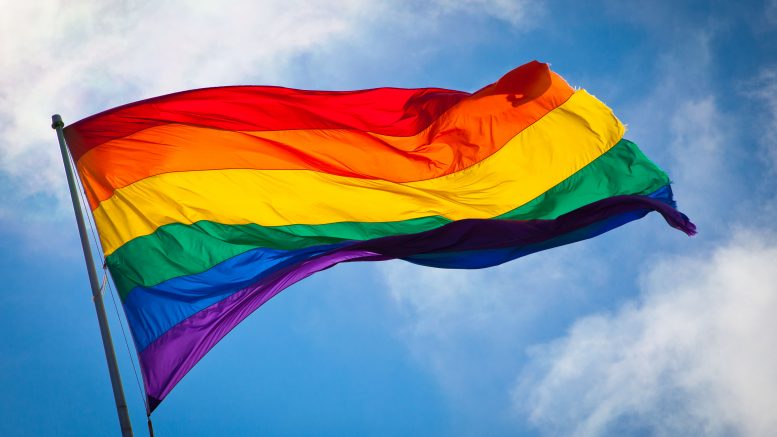If the usual path towards social equality is the one that gradually grants more rights to minority groups, some countries (or, like in this case, provinces) still find it difficult to accept. So they do exactly the opposite.
In an unsurprising move that follows months of limitations to freedom of expression in the country, Ankara, the Turkish capital, banned all LGBT events from its public spaces, starting from November 18.
The governor declared that the decision was made as these events are a “threat to security”, news agencies report.
Reactions have been quick as the ruling sparked outrage across the world.
We are outraged by news out of Turkey that the governor of Ankara announced an indefinite ban on all #LGBTQ film screenings, panels & exhibitions & other public events. How can these peaceful events be a threat to public security? This ban must be lifted. https://t.co/ofe2w1Z5wG.
— Human Rights Campaign (@HRC) November 19, 2017
Unlike in many other Muslim-majority countries, homosexuality is not illegal in Turkey. However, discrimination and homophobia are widespread. The Voice of London spoke to the University of Westminster’s LGBTI+ Society, who said: “This backwards notion that being LGBTI is somehow a social taboo is only furthering the atmosphere of homophobia in the modern world. In this day and age it should not be down to a government in order to dictate to their citizens what is and is not against their social sensitivities.”
Unfortunately, the Ankara province is not the only authority to have prevented LGBT people from expressing freely in the past few years: Russia banned all “public expressions” of homosexuality back in 2013, in a controversial law whose aim was to defend “traditional family values”. “The government has now gone down the road of countries such as Russia, with their stance towards LGBT people heading in the direction of gagging their ability of freedom of expression,” the UoW LGBTI+ Society added.
Worryingly, these bans seem to follow a trend: they are usually put in place in countries where freedom of expression is already in danger. Russia is a country where it is virtually impossible to speak up publicly against Vladimir Putin, its President, without serious consequences. One of the few of Putin’s opponents, Alexei Navalny, has been jailed three times so far this year. He has also been repeatedly assaulted.
Turkish people, on the other hand, have seen their personal freedoms gradually diminishing since the authoritarian Turkish President Recep Tayyip Erdoğan survived a failed coup attempt last year. Last year hundreds of media outlets closed down while Erdoğan increased his powers and had opponents arrested.
The pattern is not only worrying; it is also dangerous – especially as we notice a surge in alt-right, more authoritarian movements across Europe, which often show little respect for – immigrants aside – LGBT people. It is easy to see that, where minority groups’ rights are in danger, it is democracy itself to be at risk. Lord Acton, an English historian who lived in the nineteenth century, once said that “the most certain test by which we judge whether a country is really free is the amount of security enjoyed by minorities.”
The UoW LGBTI+ Society said: “In this modern era the prevention of LGBTI people from their freedom to express themselves serves to isolate the LGBTI community, this persecution of the LGBTI community takes the civil rights movement backwards, with a distinct lack of understanding and acceptance for a part of society that has long since been persecuted.”
One should think that evolution is a one-way process; instead, it feels like we only go backwards.
Words: Silvia Tadiello | Subbing: Pamela Machado

